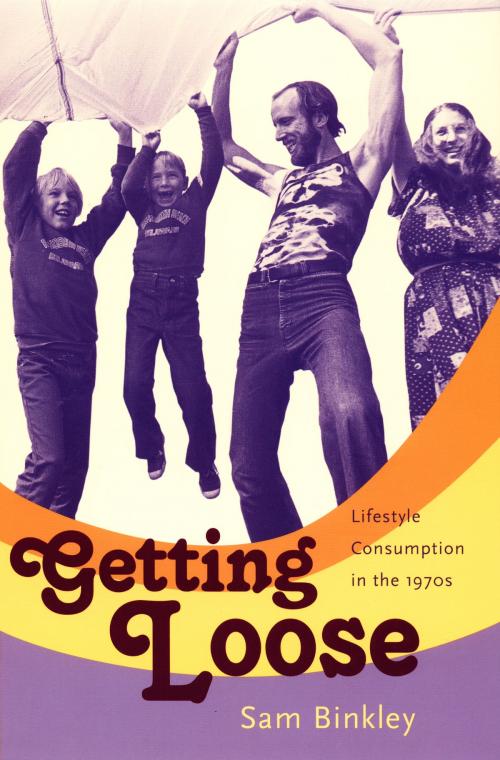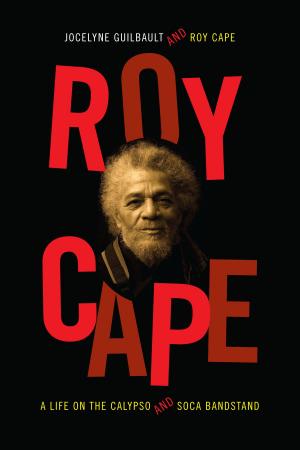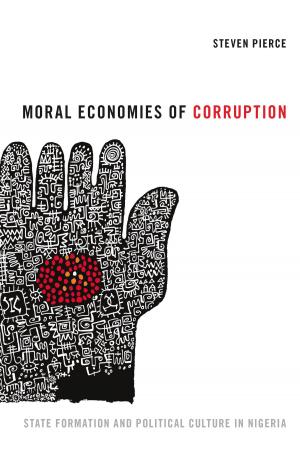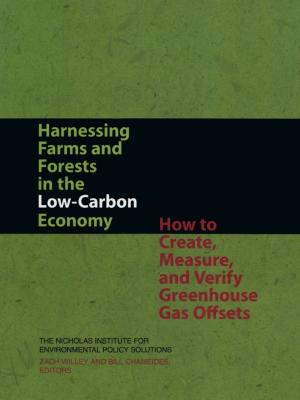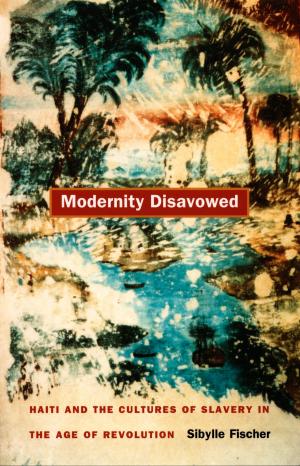Getting Loose
Lifestyle Consumption in the 1970s
Nonfiction, Social & Cultural Studies, Social Science, Cultural Studies, Popular Culture| Author: | Sam Binkley | ISBN: | 9780822389514 |
| Publisher: | Duke University Press | Publication: | April 27, 2007 |
| Imprint: | Duke University Press Books | Language: | English |
| Author: | Sam Binkley |
| ISBN: | 9780822389514 |
| Publisher: | Duke University Press |
| Publication: | April 27, 2007 |
| Imprint: | Duke University Press Books |
| Language: | English |
From “getting loose” to “letting it all hang out,” the 1970s were filled with exhortations to free oneself from artificial restraints and to discover oneself in a more authentic and creative life. In the wake of the counterculture of the 1960s, anything that could be made to yield to a more impulsive vitality was reinvented in a looser way. Food became purer, clothing more revealing, sex more orgiastic, and home decor more rustic and authentic.
Through a sociological analysis of the countercultural print culture of the 1970s, Sam Binkley investigates the dissemination of these self-loosening narratives and their widespread appeal to America’s middle class. He describes the rise of a genre of lifestyle publishing that emerged from a network of small offbeat presses, mostly located on the West Coast. Amateurish and rough in production quality, these popular books and magazines blended Eastern mysticism, Freudian psychology, environmental ecology, and romantic American pastoralism as they offered “expert” advice—about how to be more in touch with the natural world, how to release oneself into trusting relationships with others, and how to delve deeper into the body’s rhythms and natural sensuality. Binkley examines dozens of these publications, including the Whole Earth Catalog, Rainbook, the Catalog of Sexual Consciousness, Celery Wine, Domebook, and Getting Clear.
Drawing on the thought of Pierre Bourdieu, Zygmunt Bauman, and others, Binkley explains how self-loosening narratives helped the middle class confront the modernity of the 1970s. As rapid social change and political upheaval eroded middle-class cultural authority, the looser life provided opportunities for self-reinvention through everyday lifestyle choice. He traces this ethos of self-realization through the “yuppie” 1980s to the 1990s and today, demonstrating that what originated as an emancipatory call to loosen up soon evolved into a culture of highly commercialized consumption and lifestyle branding.
From “getting loose” to “letting it all hang out,” the 1970s were filled with exhortations to free oneself from artificial restraints and to discover oneself in a more authentic and creative life. In the wake of the counterculture of the 1960s, anything that could be made to yield to a more impulsive vitality was reinvented in a looser way. Food became purer, clothing more revealing, sex more orgiastic, and home decor more rustic and authentic.
Through a sociological analysis of the countercultural print culture of the 1970s, Sam Binkley investigates the dissemination of these self-loosening narratives and their widespread appeal to America’s middle class. He describes the rise of a genre of lifestyle publishing that emerged from a network of small offbeat presses, mostly located on the West Coast. Amateurish and rough in production quality, these popular books and magazines blended Eastern mysticism, Freudian psychology, environmental ecology, and romantic American pastoralism as they offered “expert” advice—about how to be more in touch with the natural world, how to release oneself into trusting relationships with others, and how to delve deeper into the body’s rhythms and natural sensuality. Binkley examines dozens of these publications, including the Whole Earth Catalog, Rainbook, the Catalog of Sexual Consciousness, Celery Wine, Domebook, and Getting Clear.
Drawing on the thought of Pierre Bourdieu, Zygmunt Bauman, and others, Binkley explains how self-loosening narratives helped the middle class confront the modernity of the 1970s. As rapid social change and political upheaval eroded middle-class cultural authority, the looser life provided opportunities for self-reinvention through everyday lifestyle choice. He traces this ethos of self-realization through the “yuppie” 1980s to the 1990s and today, demonstrating that what originated as an emancipatory call to loosen up soon evolved into a culture of highly commercialized consumption and lifestyle branding.
